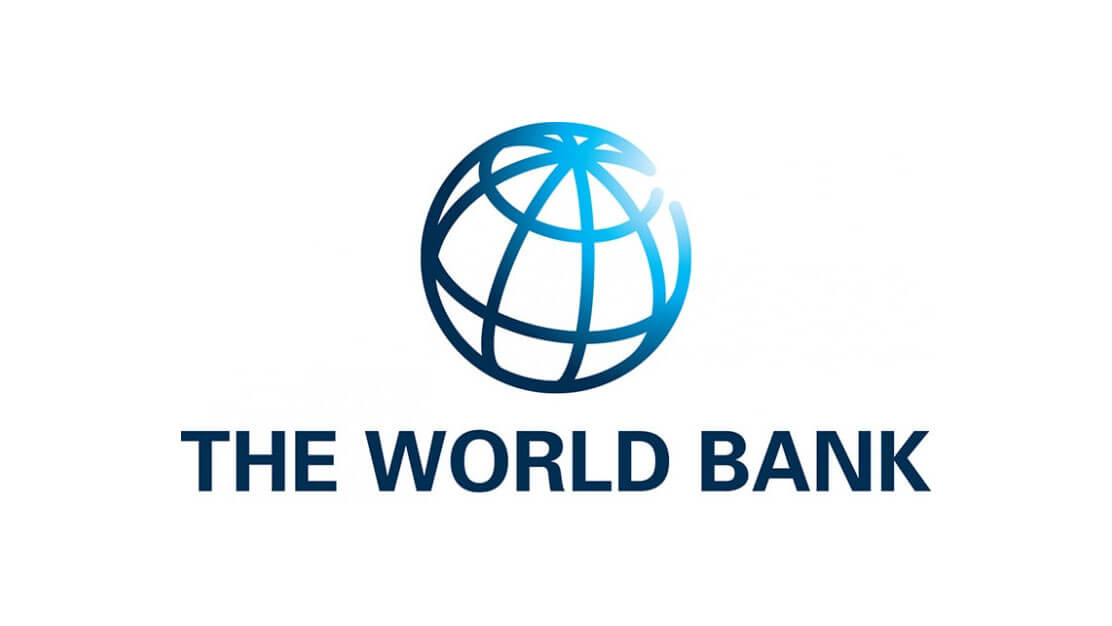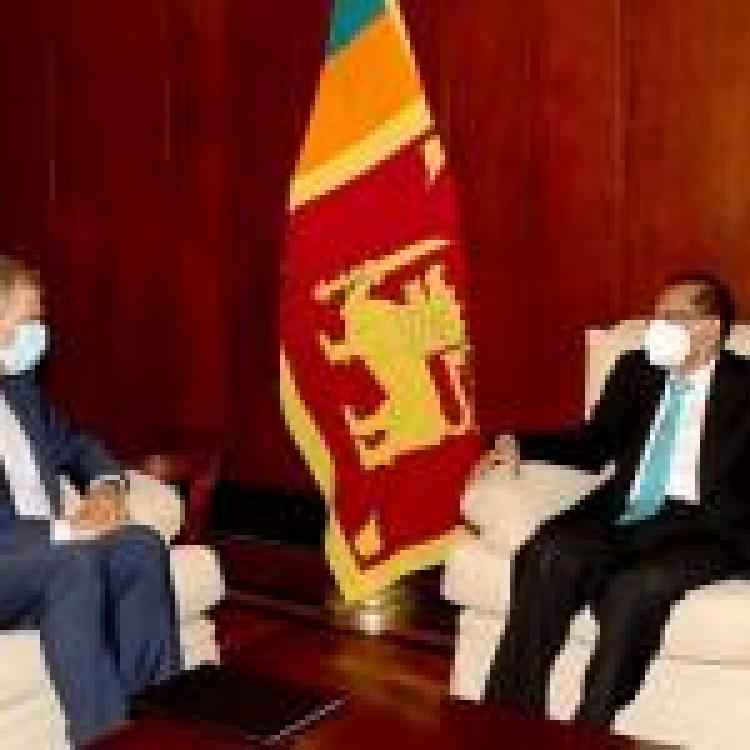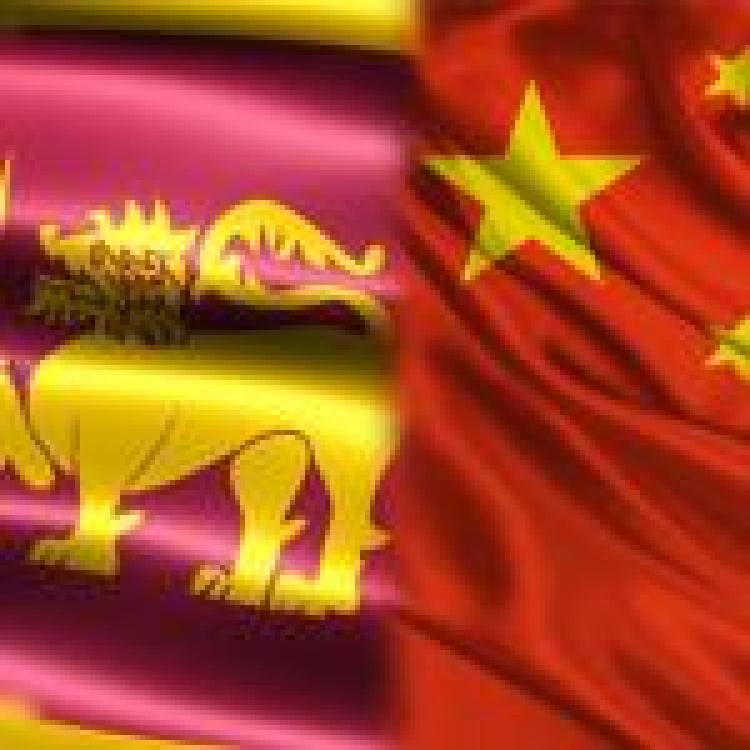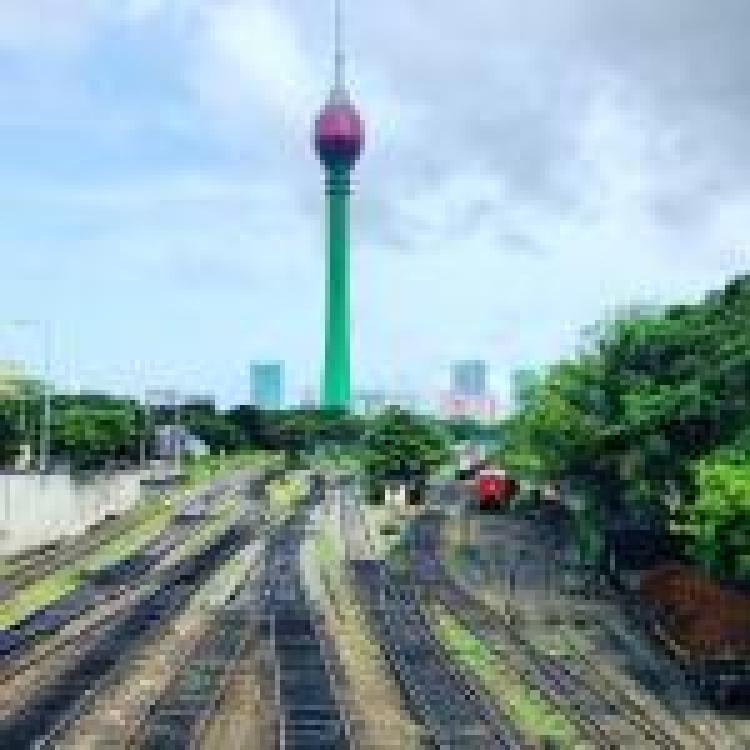
The World Bank reporting out of Colombo has stated that the economy is projected to grow by 3.3% in 2021, but the medium-term outlook is clouded by pre-existing macroeconomic weaknesses and the economic scarring from the COVID-19 pandemic.
Faris Hadad-Zervous, Country director of the World Bank for Maldives, Nepal and Sri Lanka commented on the countries immediate situation, stating,
"The pandemic has brought unprecedented disruptions to education and the learning losses will be a drag on the country’s human capital gains. Targeted policies to reverse trends of long-term inequality and reduce gaps in equity are priority to realize growth prospects."
Sri Lanka's poverty at US$3.20 per day poverty line is projected to fall to 10.9% in 2021, which is still significantly above the 2019 level of 9.2%. Hadad-Zervous further went on to comment on the country's vaccine role out and recent challenges with a third wave of COVID-19, “Sri Lanka has done well to vaccinate more than 50 percent of the total population so far and the Government is now focusing on targeted measures to prevent further COVID-19 waves, which could dampen the economic recovery,”. However international observers such as Amnesty International have slammed the country's pandemic response and 'discriminatory' and condemned its militarised nature.
Sri Lanka with rising debt repayments faces a foreign exchange crisis that has been exacerbated by the pandemic which has lost an estimated Rs. 1.6 trillion in revenue for the country. The country which has been plagued by nepotism, corruption and failed fiscal policy has led to growing unrest throughout Sri Lanka and the northeast, which includes farmers, teachers, war victims and civil society actors. The Economist wrote in July how Rajapaksa's slashed taxes leading to tax receipts plummeting by a quarter and the budget deficit rising. "Two-thirds. of government revenue now goes on interest payments", the Economist notes. This comes as investing agencies such as Bloomberg, Moody and Fitch have issued warnings on Sri Lanka which may cut the island "off from international capital markets".
Furthermore, Sri Lanka's abysmal human rights record has brought its GSP+ status under review. The General Systems of Preferences (GSP), a preferential tariff system of the European Union benefited roughly US$1.9 billion of Sri Lanka's exports to the EU, the loss of the GSP+ would on average make exports to the EU 9.5% more expensive. Sri Lanka relies on the tariff to be able to export at competitive prices especially the apparel industry. Apparel exports accounted for 59% of Sri Lanka's exports in 2020. The current GSP regulations will expire on the 31 December 2023, if it is not renewed it could set precedence for tariffs from economic blocks such as Japan and Australia which have modelled there's after the EU to not be granted to Sri Lanka.
Read more at the WorldBank.




